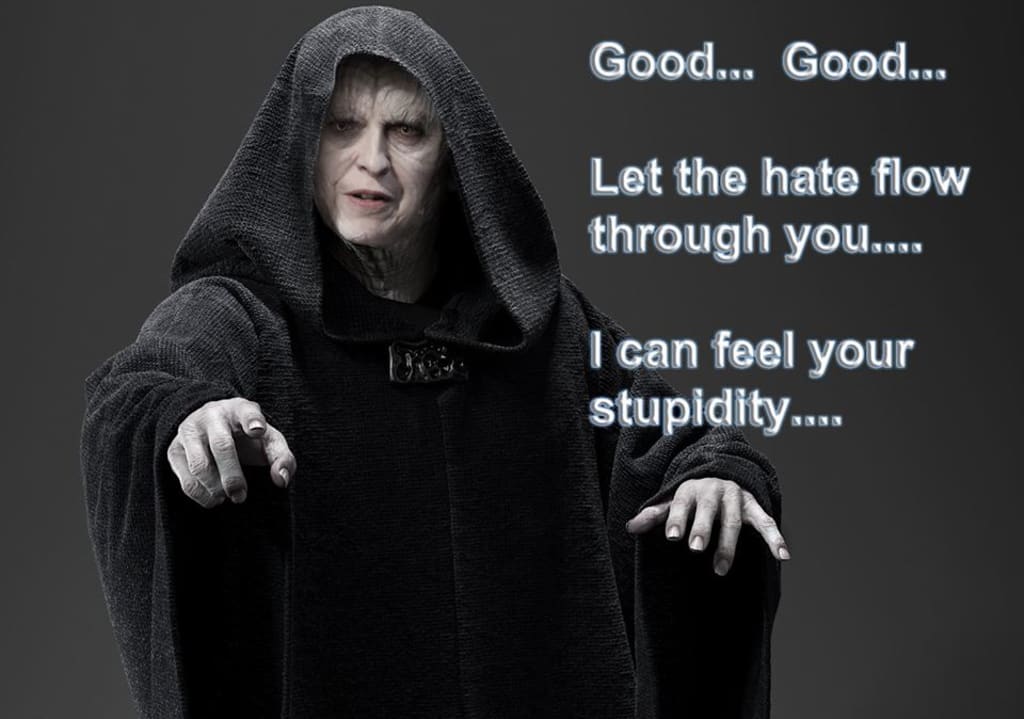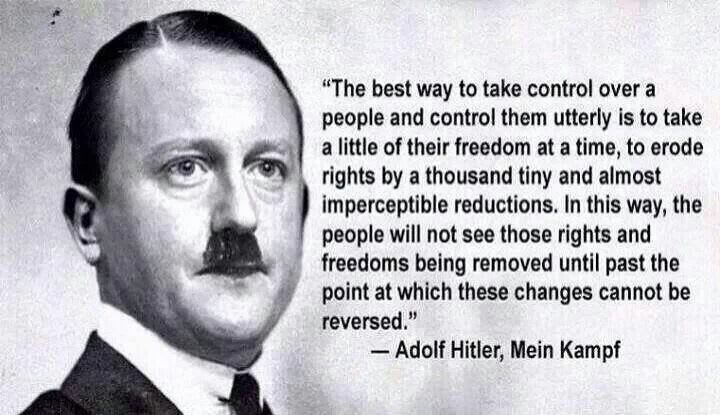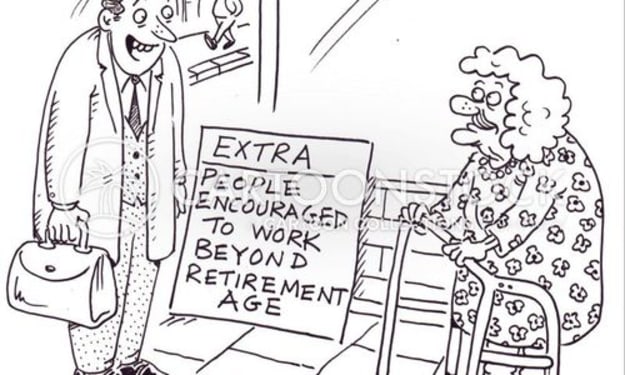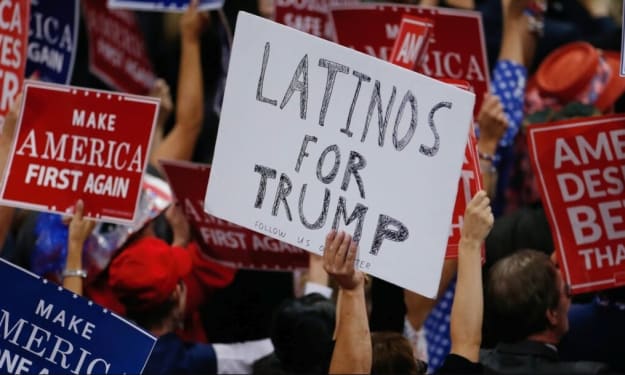Landlords and The Labour Theory of Value
The Labour Theory of Value justifies the rental of property. History shows that replacing private landlords by the state leads to the breakup of families and communities with homes turned back into accommodation units.

Labour
Perhaps the most persuasive argument for the Labour Theory of Value, taking money as a proxy for value, is that the price of an item falls when it stops being hand made and is instead made by a machine.
Paul Mason, in Postcapitalism, published in 2015, distinguishes between finished labour (for example a machine or software) and ongoing labour, the labour needed to produce the inputs to the finished labour or for its maintenance. His vision seems to be that the cost of ongoing and finished labour will tend to zero in the event of completed automation and make human labour unnecessary.
Of the essentials for survival: Food, clothing and housing, the cost of housing will not tend to zero because land is not being made any more. Yes, housing can expand upward, but the ongoing costs of maintenance also escalates – a lift in a 100 story building is not cheap. Nor are stair cleaners.
Mason seems, as do many left-wingers, to equate labour with physical labour, assuming anyone who has to work at a desk is not working, especially if they tap a keyboard. The number of people in physically demanding jobs who train to work at a desk job seems to make their claim false.
There are plenty of memes that claim a worker who makes £100 worth of good an hour should be paid £100 and that the employer ( or manager) should work for nothing. The number of workers who become self employed in order to get all the money made from selling their work, and then paying for the machinery, overheads, holidays and pensions, among other things would again seem to render this meme false, if not a deliberate hoax aimed at those who do not think.
Landlords
I have seen many posts attacking landlords as parasites living on the labour of others. Here in the UK landlords may either be large corporations or individuals who use the fruits of their labour to buy one or two houses which they rent out in order to supplement their pensions, the smallest in the developed world. There are also the De Facto landlords, the lenders who finance mortgages. Most complaints about landlords seem to have corporations in mind and focus on the worst landlords.
A house (or an office) is finished labour, though some labour is needed to maintain it. The ongoing labour involves physical labour for maintenance and mental labour for administration and compliance.
Once a house becomes finished labour someone buys it using the fruits of their labour. They either live in the house, mostly paying rent, in the form of a mortgage, to the third kind of landlord, or they recover some of their cost by renting it to someone who cannot buy their own house, for example workers on a long contract. The implication in the attack on Landlords is that housing for their tenants should be free, and the landlord should “get a real job” something a pensioner, especially a disabled one would be unable to do. They ignore the number of jobs the Landlord supports, for example by maintaining their property.
What if landlords become illegal?
Those who attack landlords do not explain what they would do if being a landlord became illegal: presumably all property would revert to the state, without compensation and the country would revert to a copy of the Soviet Union ( or China) where the state provided what it considered the appropriate accommodation and its tenants were shuffled around regardless of their wishes or community ties. Thus, on the basis of historical precedent, when children grow up and leave a home the parents will be moved to a smaller home, probably hundreds of miles from their children and grandchildren, Or when one partner dies the survivor is instantly ordered to relocate to the other end of the country, and a smaller government flat, on the grounds that no other suitable accommodation is available.

The utopian socialist ideal of abolishing landlords thus removes the power of choice from the people and results in the breaking up of families and communities. Since most of those attacking landlords – by talking about landlordism thus replacing landlords with a fictional force of nature, as other left wingers have done by replacing capitalists, human agents, with capitalism an inexorable force of nature – also claim to be supporting communities and real people, there is an inconsistency explained by mentally replacing “people” with “the people” and noting that most humans want power over others, Left-wingers included.
Wrapping up
Starting with the Labour Theory of Value one can create a justification for the rental of property, rendering renting no different, in essence, from hiring a car – the problem of bad landlords is a separate question. Historical precedents show that replacing private landlords with the state as landlord leads to the breakup of families and communities with homes, created over the years, being turned back into houses. Ironically many wanting to abolish landlords would neither enjoy nor survive living in such a socialist dystopia.
Of course there is the cost of compensating the landlords, including the banks and building societies (mortgage lenders) , for the loss of the finished labour represented by houses. But that is another question.





Comments
There are no comments for this story
Be the first to respond and start the conversation.